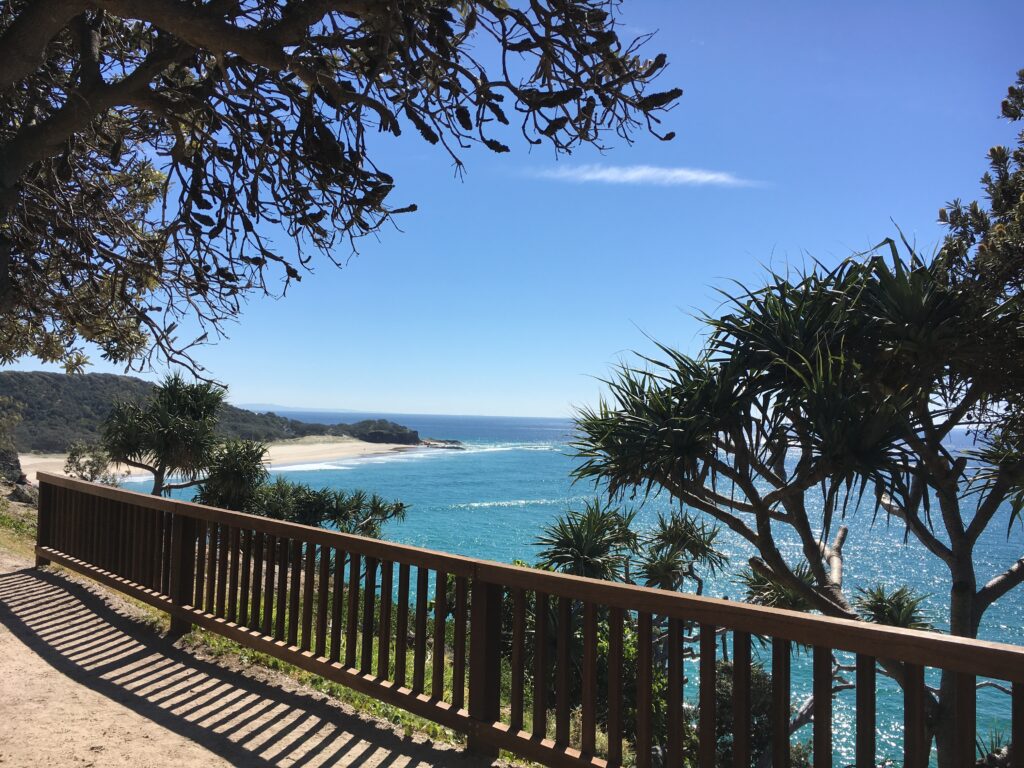It was the end of the Australia Day holiday weekend, during which our city was lashed by the remnants of a cyclone. Finally, the wind subsided and my wife and I sat back in the peacefulness of the evening to enjoy a CD entitled Memories Are Forever – a CD was produced by the Czechoslovakian Club of Queensland (CCQ) to celebrate its 40th anniversary of the Club House and to honour the original CCQ members. Many of these men and women are no longer with us, but their legacy remains for those of us who have come later. The CD highlights Club activities between the 1950s and into the 2000s. Looking back over six decades was an experience which left deep impressions. I will share some here:
Life is transient.
In the six short decades since the 1950s, so much in our world has changed. Our homes, families, friends, relatives, surroundings, technology, and modes of thinking have undergone great transformation. Our existence on this planet and everything around us is impermanent and changes constantly. Even our bodies, minds and feelings are always changing.
Life ends.
Looking at the many photos of people, we couldn’t but help notice how many dear friends have left this world. I was again reminded of the inevitability of my own death. Yet, somehow, we tend to deny our mortality and act as if we will live forever. We don’t pause to think that with each passing moment we are closer to our end when we have to leave behind our body and all else. Such reflections always prompt me to take a closer look at my priorities and to strive to make the most of my life.
Life is precious.
Glancing at each photo on the Memories Are Forever CD, we realized how each person is unique – with their special story to tell. Sometimes it can be helpful to contemplate how precious this human life is – this amazing human existence. Each one of us has the opportunity to accomplish something meaningful with the life we have been given and to bring benefit and happiness to many others. In a way, we are all artists and our life is our canvas on which to leave something memorable. To not use this life well would represent a great loss.
Life is consciousness.
The faces of people in the photos from the 1950s to 2000s show how we all change from one decade to another. Yet, while we may look older today compared to ten years ago, in our mind none of us feels any older! Only the body has aged. We have a consciousness or awareness that is timeless and through which we see our body – and somehow know that our body is only a temporary vessel for this consciousness. It is an inner knowing that is present in every moment of our lives.
Life is a mystery.
When we see photos of people no longer with us, we may wonder: “What happened to him/her? Where are they now?” We may puzzle over our ultimate destinies. What lies beyond our lives is shrouded in mystery. In the end, questions such as “Did I exist in the past? If so, in what form?” or “What shall I be in the future?” can best be left for each of us to ponder in our own heart because most of the answers lie beyond words and concepts.
The people captured on Memories Are Forever CD represent a tiny slice of humanity. They have shared in life’s pleasures and pains, gains and losses, as well as praises and criticisms. Their faces caused me to pause and ponder about the wonder of life.
Written by Alexander Peck; edited by Eva Peck

Life’s uncertain—fleeting as the dew on grass. Don’t be lazy, don’t be indolent …
Now is the time when we need to put aside the little things and do the important things. This is our chance: we have this wonderful human body, and we have encountered the Dharma. We need to practice the Dharma now, because we cannot be certain when we will have the chance again. We cannot even count on remaining alive.
Life is uncertain, as brief as dew on grass. Dewdrops on a blade of grass don’t last long at all. As soon as the sun strikes them, they dry up and disappear. In the same way, our human life does not last long. It is impermanent by nature. …
Many things can bring our death at any time; it’s not at all certain how long we will live. Now that we have this opportunity to practice the Dharma, we need to be diligent about it.
If we practice the Dharma, then at least we can have some mental ease should something untoward happen to us. When a fearsome situation occurs, the Dharma will help. Also, we will be able to say, “At least I did as much Dharma practice as I could.” If we have first-rate diligence, that is best.
But even if we do only a little bit of Dharma practice, we can still have a real sense of confidence in our mind and think, “I did some Dharma practice, and that is going to help.” This is why we need to make sure that we don’t let ourselves be overcome by sloth and laziness. We need to put aside distractions and engage in practice as much as we can.
(Thrangu, Khenchen. Advice from a Yogi: An Explanation of a Tibetan Classic on What Is Most Important. 2015.)
